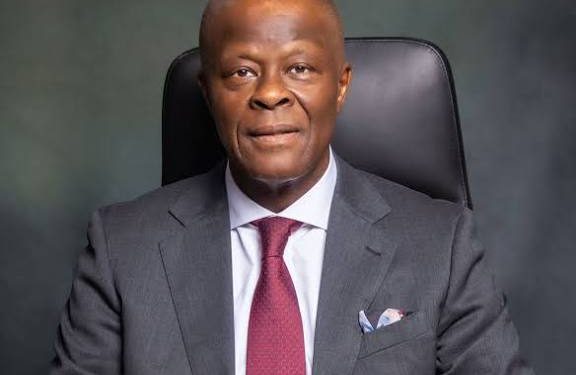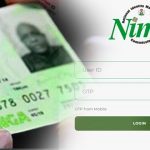The Federal Government has disbursed N330 billion to 8.1 million households across Nigeria under the National Social Safety Net Programme, designed to cushion the impact of ongoing economic reforms on the country’s poorest and most vulnerable citizens.
The disclosure came after a review meeting of the Special Presidential Panel on Social Investment in Abuja. The programme, which had faced delays earlier in the year, is now back on track following the integration of biometric data through the National Identification Number. Officials said the NIN integration was crucial for ensuring transparency, curbing leakages, and eliminating political interference.
Out of the 19.7 million households listed in the National Social Register covering nearly 70 million Nigerians—8.1 million households have so far received at least one tranche of the N25,000 stipend. Some beneficiaries have received two or three payments depending on the outcome of verification processes.
In the most recent cycle, an additional 2.2 million households were included after their Bank Verification Numbers and NIN were validated. Authorities assured that outstanding payments would be cleared before the end of 2025.
The programme, partly backed by an \$800 million World Bank facility, has become the cornerstone of Nigeria’s emerging social protection system. Its coverage was recently expanded from 15 million to 19.7 million households, a reflection of the government’s effort to shield low-income Nigerians from the strain of subsidy removal and currency reforms.
Officials stressed that the digital payment system through bank accounts and mobile wallets is sustainable and resistant to political meddling. They added that with the new framework, Nigeria now has the capacity to budget annually for direct household support as needed.
Providing further clarity, the National Social Safety Net Coordinating Office revealed that more than 10.2 million NINs had been collected during household visits, with 9.6 million successfully validated. Only validated beneficiaries are eligible for payment, ensuring that the register is credible and non-political. A recent executive order also designated the National Social Register as the sole database for all government interventions going forward, eliminating duplication.
Data from the presidential panel showed that beneficiary households increased sharply from 1.78 million in November 2023 to over 8.1 million by August 2025. Women head 61 per cent of the benefiting households, while 39 per cent are male-led. By age, 36 per cent of beneficiaries fall within the 51–65 years bracket, followed by 30 per cent in the 21–35 years range. Regionally, the North-West accounted for the largest share, with three million households—72 per cent of disbursements while the South received 28 per cent.
The International Monetary Fund, which had raised concerns earlier in June 2025 about Nigeria’s weak social protection system, acknowledged the progress but warned that poverty and food insecurity still pose risks to inclusive growth if savings from reforms are not channelled into social investments.
Officials insist the programme is not just a temporary measure but the foundation of a permanent social protection structure. With NIN integration, expanded coverage, and stricter oversight, Nigeria is moving toward a more transparent and sustainable system of supporting its most vulnerable citizens.










